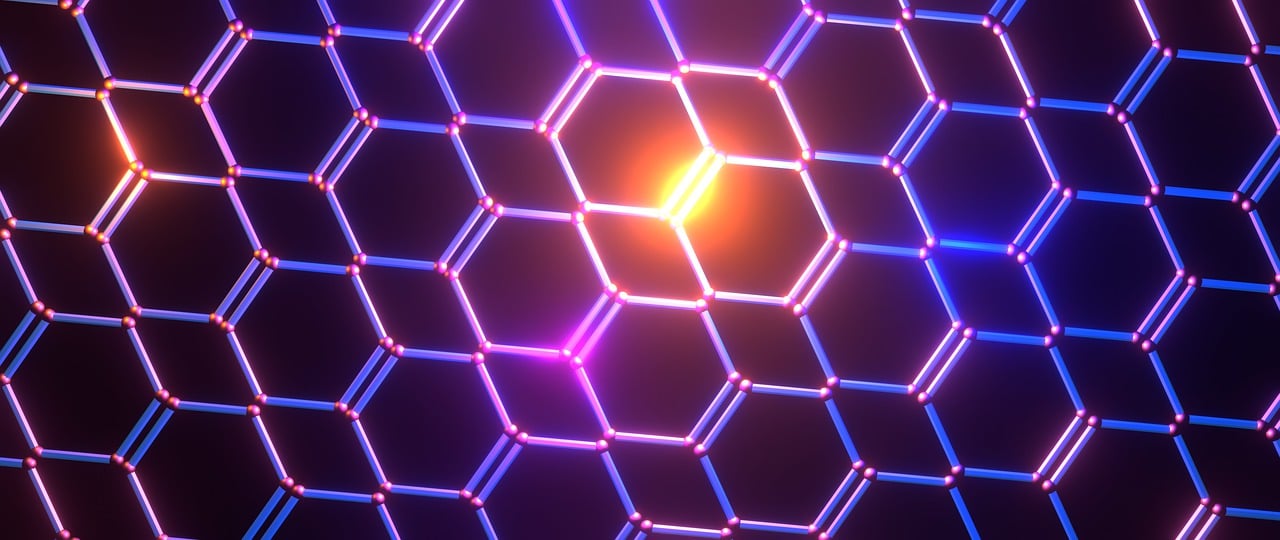Introduction to Impact of Nanotechnolgy
Impact of Nanotechnolgy In the ever-evolving landscape of science and technology, few fields have captured the imagination of researchers, scientists, and innovators quite like nanotechnology. The term “nano” might conjure images of something incredibly small, and indeed, nanotechnology operates at the nanoscale, dealing with materials and devices on the order of one billionth of a meter. But don’t let its diminutive size fool you; the revolutionary impact of nanotechnology is reshaping the world as we know it.
Impact of Nanotechnolgy
Nanotechnology: A Brief Overview
Nanotechnology is the science, engineering, and application of materials, devices, and systems by controlling matter at the nanometer scale. At this level, the properties of materials can drastically change, leading to a host of exciting possibilities. The concept of nanotechnology was first proposed by physicist Richard Feynman in his famous 1959 lecture “There’s Plenty of Room at the Bottom.” However, it wasn’t until the 1980s and 1990s that significant advancements were made, leading to the birth of modern nanotechnology.
The Building Blocks of Nanotechnology
Nanotechnology relies on the manipulation of atoms and molecules. It involves designing and manufacturing structures, devices, and systems by controlling matter at the nanoscale. To achieve this, researchers use various techniques, including scanning probe microscopes, chemical synthesis, and self-assembly processes. The key building blocks of nanotechnology include:
- Nanomaterials: These are materials with unique properties at the nanoscale, such as nanoparticles, nanotubes, and nanowires.
- Nanodevices: These are miniaturized devices used in various applications, from electronics to medicine. Examples include nanosensors and nanoelectronics.
- Nanomedicine: The application of nanotechnology in healthcare, with the potential for personalized treatments, drug delivery, and disease detection.
Revolutionizing Medicine
One of the most promising and revolutionary aspects of nanotechnology is its impact on medicine. Nanomedicine, a subfield of nanotechnology, is revolutionizing the way we diagnose and treat diseases. By designing nanoparticles to target specific cells or tissues, it is possible to deliver drugs directly to the affected area, reducing side effects and improving treatment efficacy. Furthermore, nanoscale imaging techniques enable physicians to visualize diseases at a cellular and molecular level, enhancing early detection and diagnosis.
Nanotechnology in Electronics
In the world of electronics, nanotechnology is playing a pivotal role in pushing the limits of miniaturization. Smaller, more efficient transistors and components are being developed, leading to faster and more energy-efficient devices. This not only benefits our smartphones and laptops but also has broader implications for renewable energy systems, such as solar cells and energy storage devices.
Environmental Impact
Nanotechnology is also making significant strides in addressing environmental challenges. Nanomaterials can be used to purify water, capture pollutants, and improve the efficiency of renewable energy sources. The ability to design materials at the nanoscale allows for innovations that reduce waste and energy consumption, contributing to a more sustainable future.
The Ethical and Safety Considerations
While the promise of nanotechnology is immense, it is not without its ethical and safety concerns. The manipulation of matter at such a small scale raises questions about unintended consequences and potential risks. Ensuring the responsible development and use of nanotechnology is crucial, and ethical frameworks and safety regulations are continually evolving to address these concerns.
The Future of Nanotechnology
As we continue to explore the possibilities of nanotechnology, the future appears full of promise. Nanotechnology has the potential to revolutionize diverse fields, from medicine and electronics to energy and the environment. It’s a testament to human ingenuity and the relentless pursuit of understanding and manipulating the building blocks of our world.
Conclusion of Impact of Nanotechnolgy
The revolutionary impact of nanotechnology is not just on the horizon; it’s already here. This burgeoning field is reshaping science and technology, offering solutions to some of our most pressing challenges and unlocking new possibilities we’ve only dreamed of until now. As nanotechnology continues to evolve, it’s up to us to ensure that it does so ethically, safely, and with an eye toward a better, more sustainable future. Nanotechnology is not just a glimpse of the future; it is the future, and it’s unfolding before our eyes.





